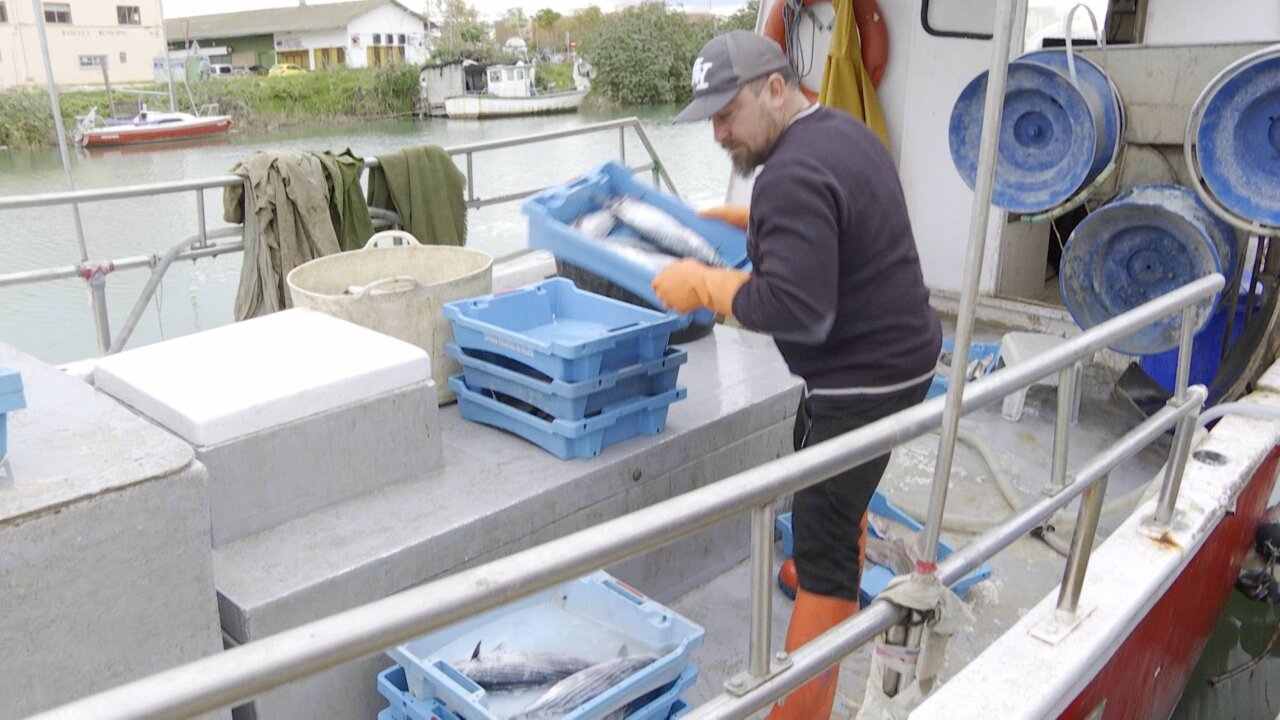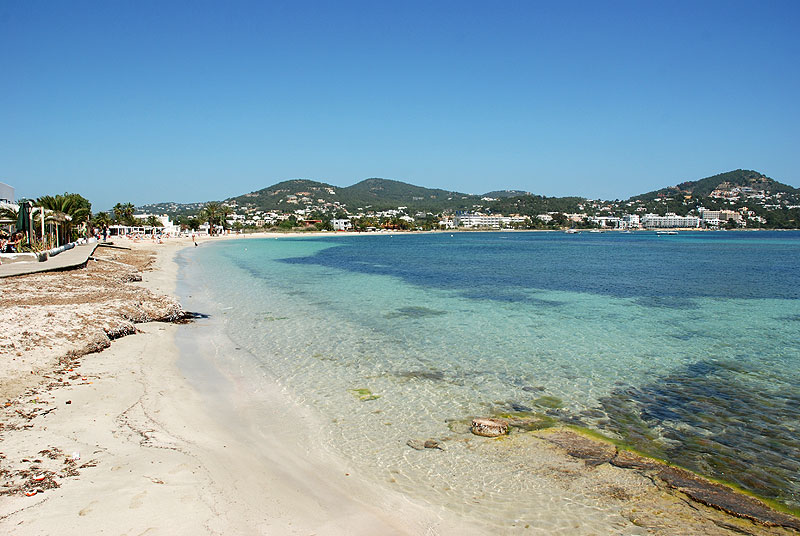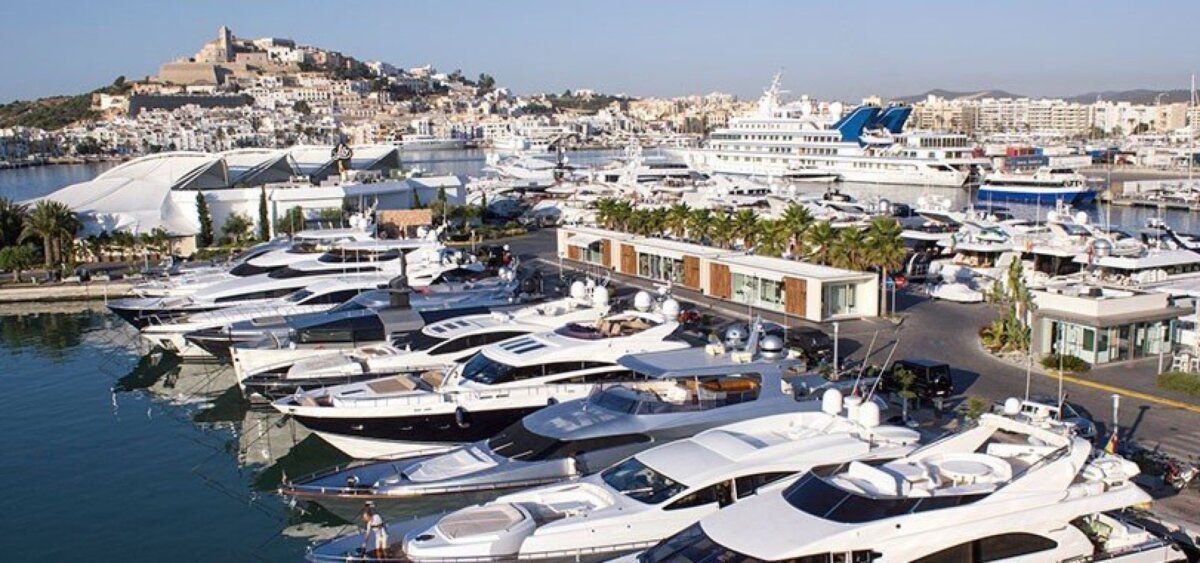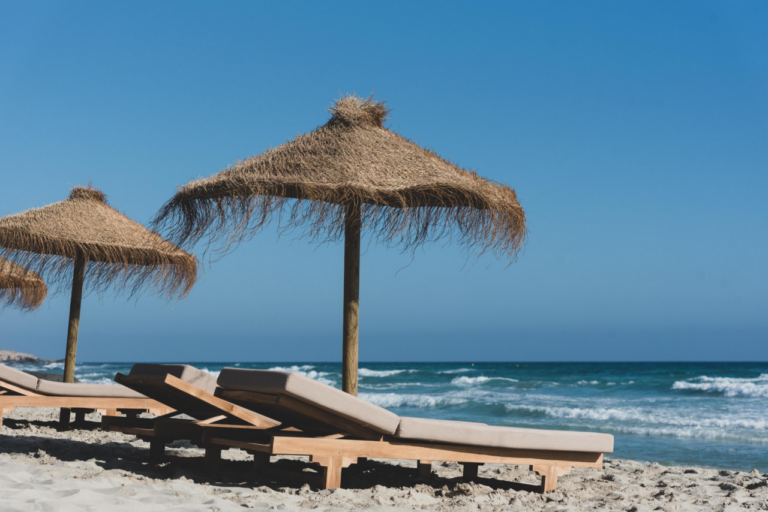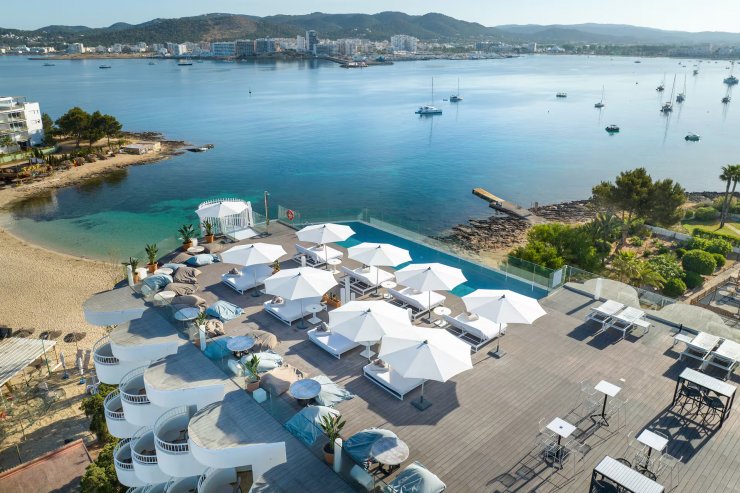Balearic fishermen are confident that, thanks to the recent agreement reached by representatives of the European Union member states and the European Commission in Brussels, activity will not suffer in 2025. “We are confident that in 2025 we will be able to work the same days as this year,” Iván Pérez, president of the Cofradía de Formentera, told La Voz de Ibiza, a sentiment echoed by other pitusas fishermen. In any case, he clarified that many details are still to be evaluated. And that, despite maintaining the number of days of activity, the new measures could result in slight increases in the price of some fish.
After two days of tough negotiations, the European Commission desisted from the measure to reduce by 79% the days of trawling in the Mediterranean, so that the days of fishing would have gone from an average of 130 to 27 in the year, something that, warned fishermen, would have led to the disappearance of the sector. What happens with the new measures? “If the fishing boats do nothing, they will be left with 27 days,” explained Pérez. But, on the other hand, if they adopt 12 measures of a compensation mechanism, they will be able to match the 130 days of 2024.
Perspective
“We will have some adaptation time to see if we adapt. If we manage to do so, we will be able to continue working as we did last year,” said Pérez. Along those lines, he has been optimistic. “There are many things we already do, such as biological stoppages at certain depths. Of the 12 points of the compensation mechanism, we have already been doing 8. So we are confident that in 2025 the number of days will not decline,” he said. Precisely, Perez had told La Voz de Ibiza that they had no margin to reduce the number of days, but that it could be negotiated on other issues related to areas and species selection. “The measures proposed in the compensation mechanism are related to what we have proposed. They have accepted, for example, a selectivity criterion, putting larger meshes,” he remarked. For example, shrimp fishing boats would have to replace the 40 mm meshes with 50 mm. On the other hand, those fishing more on land would have to go from 40 mm to 45 mm.
Small print
In any case, Perez has clarified that the agreement is only “a first document” and that “in the following days we will go into detail”. “There are things that have been left in the air,” he admitted. In that line, he has echoed his peers in the Balearic Islands, who have tried to put cold cloths to the announcement of the European Union. For example, the president of the Federation of Cofradias de Baleares, Domingo Bonnín, has admitted that he feels “uncertainty” in the absence of information, and that it is an “unknown stage” that now faces the sector. For their part, representatives of the fishmongers of the Pere Garau market in Palma have described the agreement as “not so bad”. In addition to the measures of the compensation mechanism, whose regulations have yet to be defined, the last Council has also approved the reduction of the total catch quota for red shrimp in the Mediterranean: it will go from 787 tons to 708 tons.
Fish “a little” more expensive
The measures of the compensation mechanism, although they allow maintaining the number of fishing days, reduce the catch volume of trawling. For this reason, Pérez admits that “even if all the established criteria are met, we may be harmed with a reduction of 15-20% of the catches we have, due to smaller species that we will not catch”. In any case, he admitted that these costs “can be assumed”. After all, he said, “It is a negotiation, everyone has had to give in”. “There will be a drop in catches of certain species such as red mullet or morralla. And logically no one will agree with that. But to continue working we have to adapt,” said Perez. And he added: “Perhaps some of the cheapest fish are larger in size and are a little more expensive. This contrasts with the enormous increases that Perez himself predicted in the price of some species in the event that the days were drastically reduced. “The most important thing is that with the new proposals we will be able to continue working and that fish will not be scarce,” concluded the fisherman.

